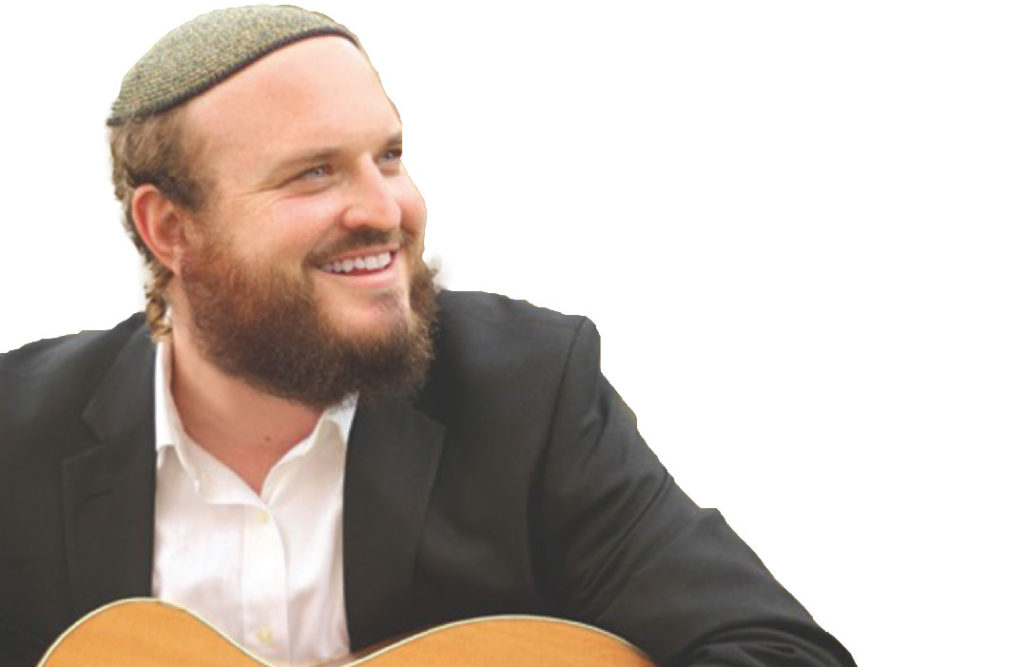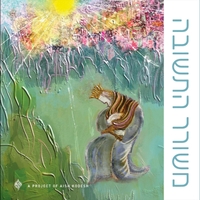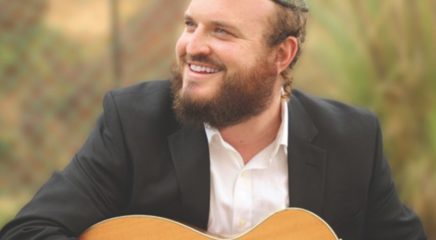N
ot too many Jewish music followers have heard of composer Michael Shapiro or his albums, which he began putting out in the 1980s (the first was Beyond Twelve Gates, followed by another five). But Shlomo Katz, who came across Shapiro’s music as a teenager in Los Angeles, was one old-time fan who was familiar with the heartfelt niggunim, a blend of stirring pesukim and English lyrics.
A few years later, the first time Shlomo was a guest at the Shabbos table of Rav Moshe Weinberger of Aish Kodesh in Woodmere, the name Michael Shapiro came up in conversation, and the Rav shared Shlomo’s excitement. “We couldn’t stop singing the songs around the table,” Shlomo recalls. “They arouse a certain feeling which your heart just can’t ignore.”
In fact, when Rav Weinberger first heard Michael Shapiro’s music about 35 years ago, he contacted the composer and told him he was crying when he heard the songs. Michael replied, “I was crying when I wrote them.”
In honor of Aish Kodesh’s 26th anniversary, Shlomo has collaborated with a team of artists and musicians to release a collection of Shapiro’s little-known songs. Participating artists include his brother Eitan Katz, Zusha, Chaim Dovid, Yosef Karduner, Dovid’l Weinberg, Raz Hartman, and Yaakov Klein. (Shapiro, who was part of the broader Carlebach community and did a lot of teaching and kiruv back then before basically vanishing for decades, told the team he can’t believe his music is making a comeback.)
The album is called Only You – but there’s one song on the album that Shapiro didn’t write. It’s called “Meshorer Hateshuvah.” Shlomo composed that song last year as a gift for Rav Weinberger’s 60th birthday, with the words taken from a poem by Rav Avraham Yitzchak Kook, which Shlomo says was the first piece of Rav Kook’s Torah that Rav Weinberger learned. (“Meshorer Hateshuvah – Singer of Teshuvhah – have you been born yet? And if your neshamah is still held in the heavens, I beg you to quickly descend and awaken your harp…”)
Still, Rav Weinberger’s students decided that it would be an appropriate inclusion for an album of Michael Shapiro’s songs, since he too was a “meshorer hateshuvah,” a “singer of return.” Shlomo says that non-religious musicians in the Israeli studio where most of the songs were recorded were mesmerized by the sound. “They remarked that whoever composed this music must have been praying while he composed, since the settings are so perfect.”
(Originally featured in Mishpacha, Issue 756)




